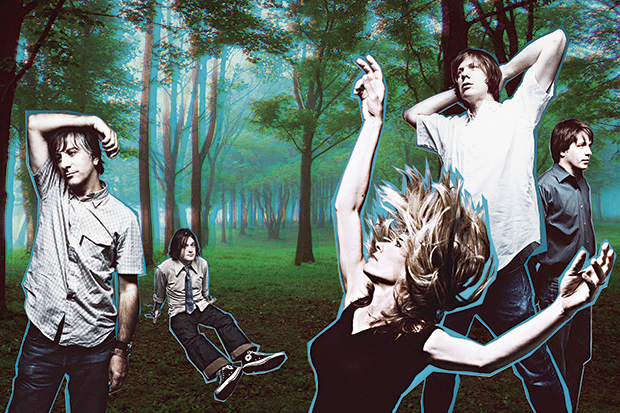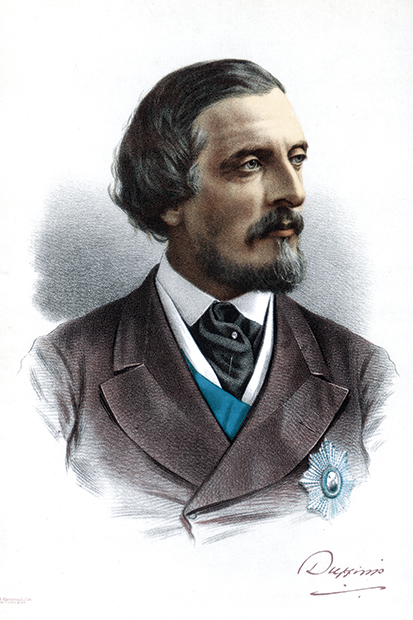For 30 years Kim Gordon was one half of a cool couple in a cool band. With her husband Thurston Moore she formed Sonic Youth, who sprang partly from the New York art world and partly from the post-punk No Wave music scene. Idealised and romanticised by their fans, they seemed to represent a radical version of domestic bliss, more Rebel Marrieds than Smug Marrieds. When both marriage and band ended in 2012, fans were distraught, and many will surely come to this memoir hoping to find out exactly what happened to their dream.
They won’t be disappointed. Detailing her Californian childhood, subsequent move to New York and ensuing musical career, Gordon tells the story of the band through the detail of specific songs, and is outspoken about the continual irritations and frustrations of being a woman in the music business. There are fascinating cameos of Kurt Cobain and Courtney Love, of Kathleen Hanna and the Riot Grrl movement, and visits to the UK, where Sonic Youth were at first better received than in the US, giving rise to her eyebrow-raising comment that ‘bands are treated better over there, which I chalk up to the socialist governments’.
The book is also an evocative chronicle of changing cultural times. Like many artists her age (she is 61) Gordon longs for a lost innocence, and she can be sentimental about 1980s New York in a way that’s sometimes understandable — describing the city now as ‘an ugly sheet of Trump buildings, a monument to urban corruption’ — and sometimes less so. Preferring the good old days of ‘hookers in mink coats and high boots’, when ‘no one, me included, ever felt safe’, over ‘joggers, baby-strollers and blue and red bikes’, can seem perverse. Great cities have indeed lost their heart and fallen prey to the power of money, but still. You can go too far sometimes in your preference for drug dealers over parents.
What surprised me though was the detailing of her marriage break-up. This might not be a revenge memoir, but it is certainly an aftermath memoir, written while the wound was still raw. I expected discretion and neutrality from an artist who has a reputation for detachment but was put straight on page one when she describes Moore on stage as ‘so phony, so childish’, and admits that she is not going to be playing ‘a supportive, stand-by-your-man role’. For however hip they had seemed from the outside, ‘what had happened was probably the most conventional story ever’, and Moore had left her for another woman.
Gordon picks away at the scab, heart-broken and bewildered, trying to work out what went wrong — ‘maybe it became too professional’ — wondering whether it had ever gone right: ‘When I look back at old photos of us, I have to believe we were happy.’ Giving in to the temptation to rip Moore to shreds — he could be ‘inconsiderate and self-centred… Among other things he had a temper… It scared me’ — eventually bitterness descends into bitchiness. Pages which detail the finding of secret texts, the reading of private emails and the character assassination of Moore’s new partner — ‘everyone who met or encountered her had the exact same toxic, dark reaction’ — evoke some sympathy, but also an anxiety that Gordon might regret some of this. Such spilling can be therapeutic but is safest done in private.
Clearly written in anguish, and aiming at least in part to expose and wound ‘the man I married, who I believed was my soul mate’, it ends, quite abruptly, quite strangely, with her making out in a car with a ‘charming’ guy who she knows is ‘a player’. The final line — ‘It sounds like I’m someone else entirely now, and I guess I am’ — tells us all we need to know about how Gordon is feeling: slightly desolate, a little lost, and ultimately unresolved.
Got something to add? Join the discussion and comment below.
Get 10 issues for just $10
Subscribe to The Spectator Australia today for the next 10 magazine issues, plus full online access, for just $10.
Available from the Spectator Bookshop, £12.99 Tel: 08430 600033. Tracey Thorn is a singer, writer and songwriter. Her latest book, Naked at the Albert Hall: The Inside Story of Singing, is coming out in April.
You might disagree with half of it, but you’ll enjoy reading all of it. Try your first month for free, then just $2 a week for the remainder of your first year.














Comments
Don't miss out
Join the conversation with other Spectator Australia readers. Subscribe to leave a comment.
SUBSCRIBEAlready a subscriber? Log in